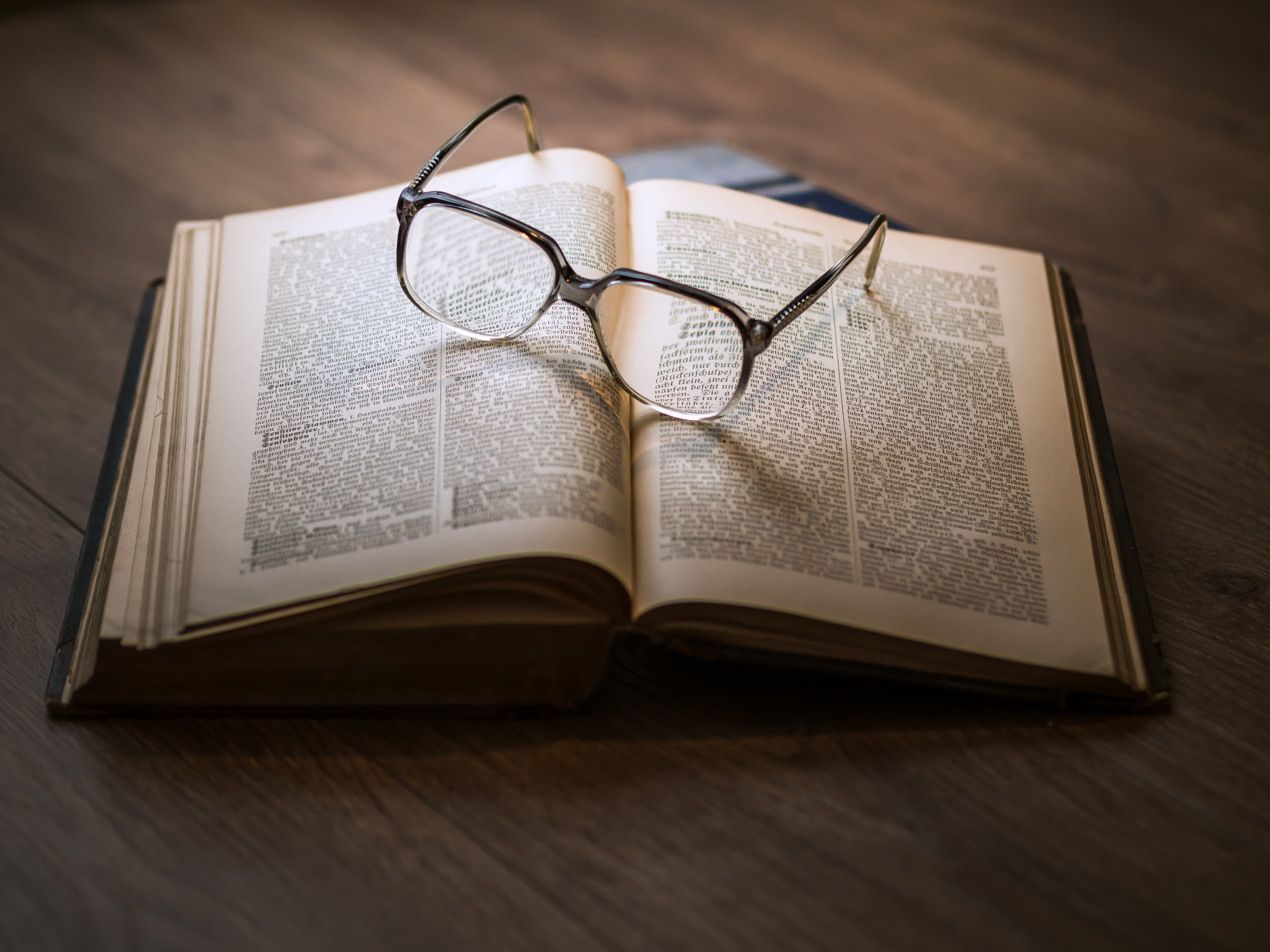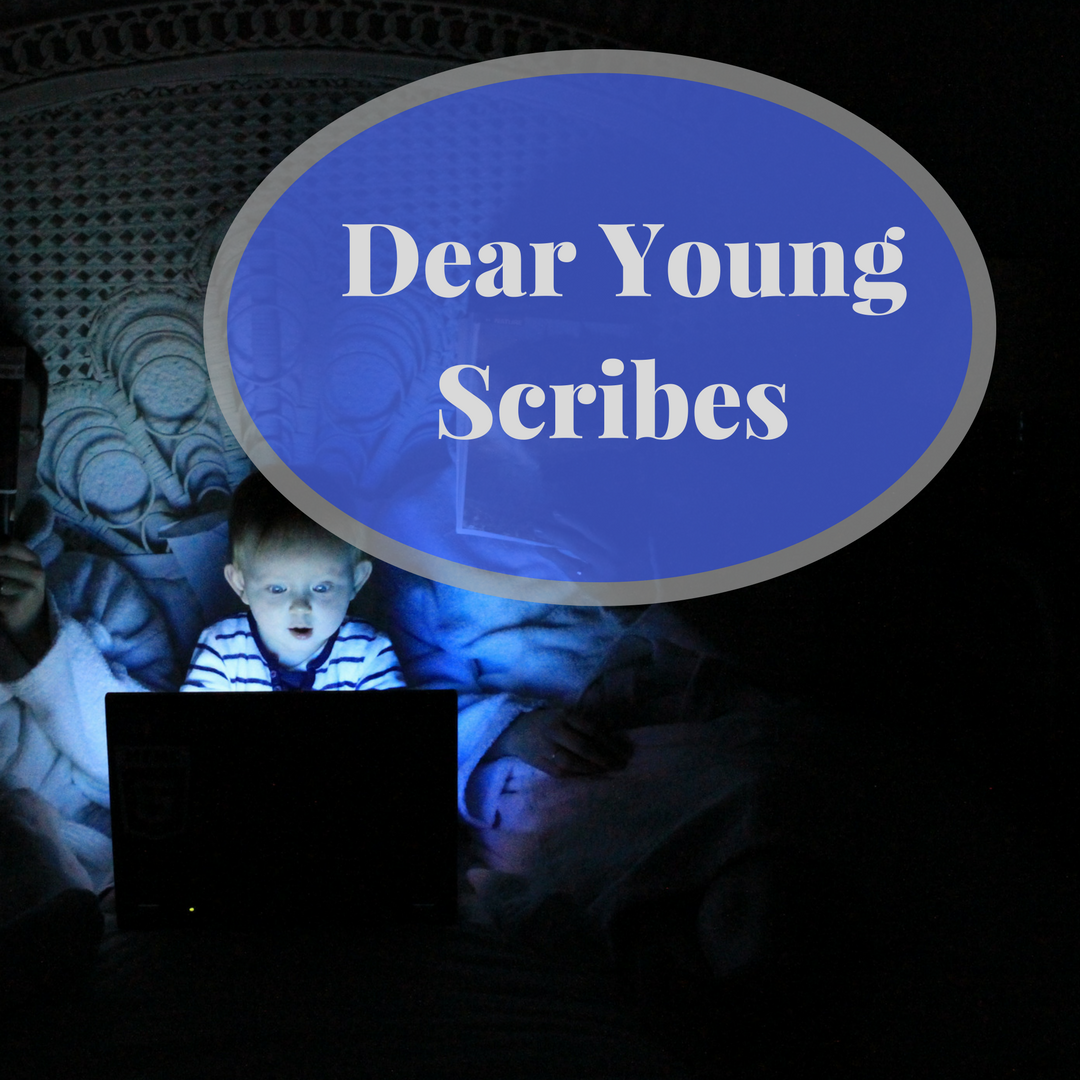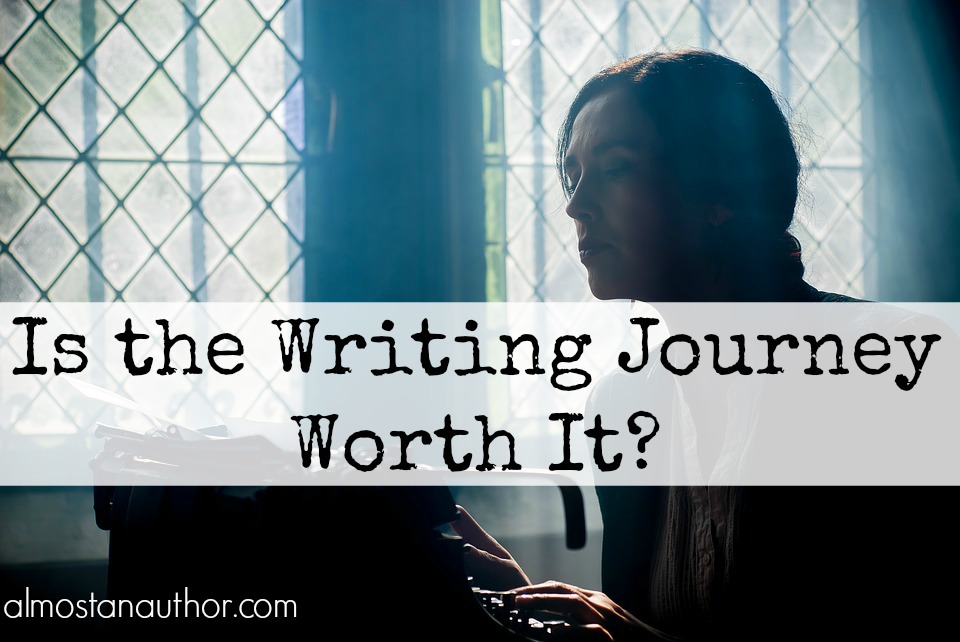For most writers, our passion to write was birthed from a passion to read. We grew up immersed in books. Books that touched us, entertained us, made us laugh and cry. And somewhere along the way, we discovered that we, too, wanted to create the same effect for readers through our own stories.
As writers, it’s only natural that we should want to learn from the masters. We should not only read for enjoyment, but for education as well.
Sure, there are plenty books on the writing craft that can give us instruction. I’m not against this at all. But personally, the best way I learned how to write was from reading books through the eyes of a writer.
How is this done?
Here are 10 tips for reading through the eyes of a writer:
1. Study the plot as it unravels. When would you assume Act 1 ends and Act 2 begins? Can you identify the character’s external and internal goals at the beginning of the book? What is the conflict and unanswered questions that the author has set up? How is the backstory woven in without interrupting the story?
2. Study the scene structure and pacing. Does it begin in a way that “grabs” you? Does it end in a way that lures you to read the next scene?
3. Study the author’s wordsmithing. Are there words you are not familiar with? If so, highlight them and research their definition. How does the author’s word choice create tension? Strengthen mood and emotion? How does it develop characterization and paint the scene in your imagination?
4. Study the rhythm. Read the book out loud. How do the words and dialogue flow? How are the sentences structured in a way that intensifies the mood of the scene?
5. Study characterization. Does each character have their own unique personality, dialect, style, traits, etc.? How is this revealed in a way that shows rather than tells? How do the secondary characters contribute to the plot, and are they three-dimensional or cardboard characters?
6. If you lose focus in the book, identify at which point your attention began to lack. Was it caused from a decrease in conflict/tension? Did it become too easy for the character to reach his/her goal? Or is it because the scenes were passive, written about the character’s day-to-day, dull life?
7. If you love the book, identify why you can’t seem to put it down. Is it the writing style or the plot? Is it because the writing is concise and tight, or because suspense is woven into each scene?
8. Study the emotion and humor. If the story makes you cry, take note of how the author tapped into your emotions. How was this emotion portrayed without “telling” or coming across as overly dramatic? If the story makes you laugh, take note of the kind of humor the author used and how they portrayed this without coming across as cheesy.
9. Study the setting. Do you think it was well-developed and/or well-researched? Does it contribute to the mood of each scene? How did the author use sensory details to highlight unique features of the setting without interrupting the flow of the story?
10. Study the theme. Do you have an idea as to what the theme is by the end of the book? If so, how did the author get this across without “preaching” to the reader? Or if it did come across as preachy, how could the author have subtly woven in the theme instead?
It might take longer to read a book if you study it through the eyes of a writer rather than a reader. But if you do this — if you dissect books as you read them and highlight passages when necessary — then this should result in a major improvement in your own writing.
“To succeed as a novelist, reading novels must be a priority. Don’t be afraid. You won’t lose your voice; you will only enhance it. And soon, students will be using your novels as their textbooks.”
~Linda Hall
[bctt tweet=”10 Tips for Reading Through the Eyes of a Writer @tessaemilyhall #amwriting #writingtips”]
[bctt tweet=”Can our writing improve by studying the books we read? @tessaemilyhall #writingtips #amwriting”]
Do you read books through the eyes of a writer? If so, how has it made a difference in your writing?







5 Comments
Couldn’t agree more! My wife and I are analytical people and I read many books to her for our evening activities. We tear books apart and discuss them to no end. Even the books we didn’t like we had fun completely rewriting in our heads. Great advice!
That’s amazing! What a fun way to read books and learn more about writing in the process. =) Thanks for commenting!
[…] Two bloggers share their 10 special tips: Deborah Patterson celebrates Shakespeare Week with the top 10 tips on how to write like William Shakespeare and Tessa Emily Hall gives 10 tips for reading through the eyes of a writer. […]
[…] learn a lot through reading. Tessa Emily Hall shares 10 tips for reading through the eyes of a writer. We also learn from TV and film. Charlie Jane Anders has 10 vital storytelling lessons learned from […]
I’ve heard read like a writer for years. Yours is the best and almost only explanation I’ve heard/read. I’m printing this to refer to as I read and as I write. Thanks so much.